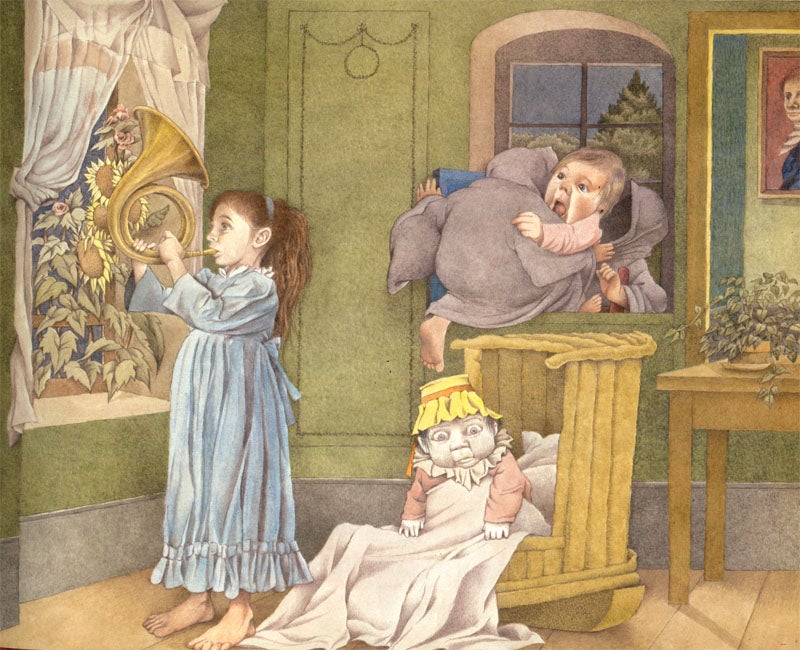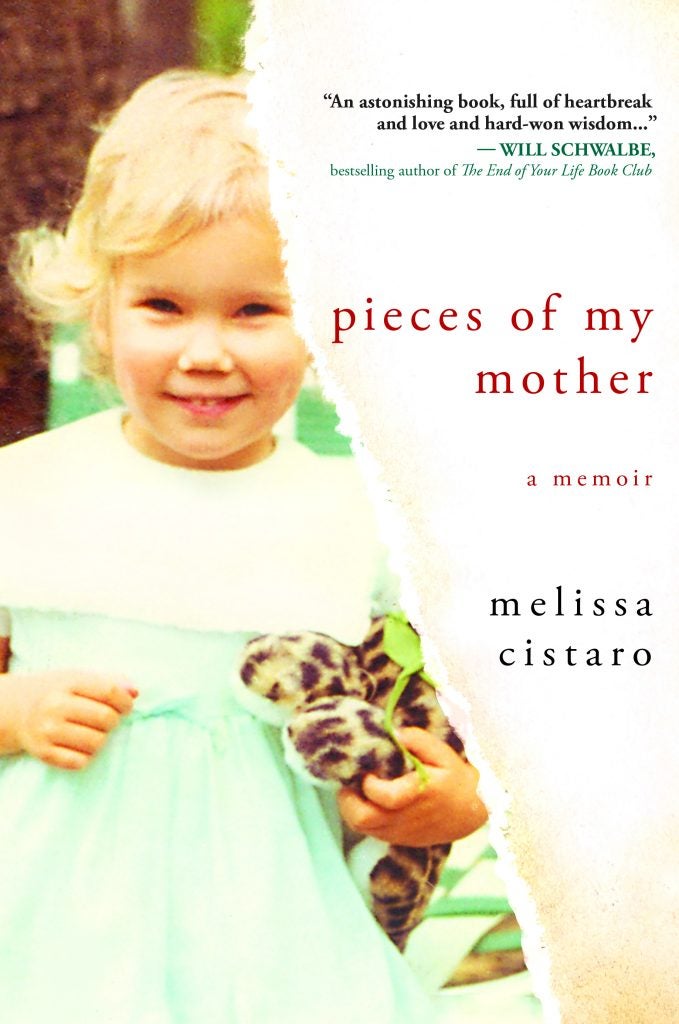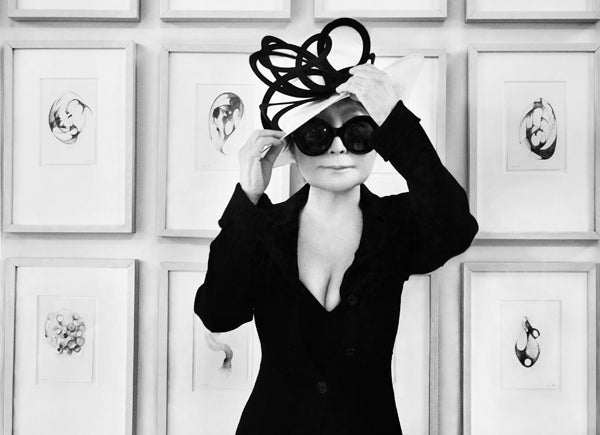Who Gets to Imagine?
Who really gets to imagine? Not just to make things up, but to use imagination to navigate the world? As educational tools, illustrated books that give credence not only to children’s waking, real-world experiences, but also to the transformative power of their play, seem most often earmarked for privileged children, just as, for adults, the writing of fiction rooted in pure invention or methodical research, rather than autobiographical experience, is received most seamlessly when it’s done by white authors.
Who Gets to Imagine? Read More »
Who really gets to imagine? Not just to make things up, but to use imagination to navigate the world? As educational tools, illustrated books that give credence not only to children’s waking, real-world experiences, but also to the transformative power of their play, seem most often earmarked for privileged children, just as, for adults, the writing of fiction rooted in pure invention or methodical research, rather than autobiographical experience, is received most seamlessly when it’s done by white authors.








